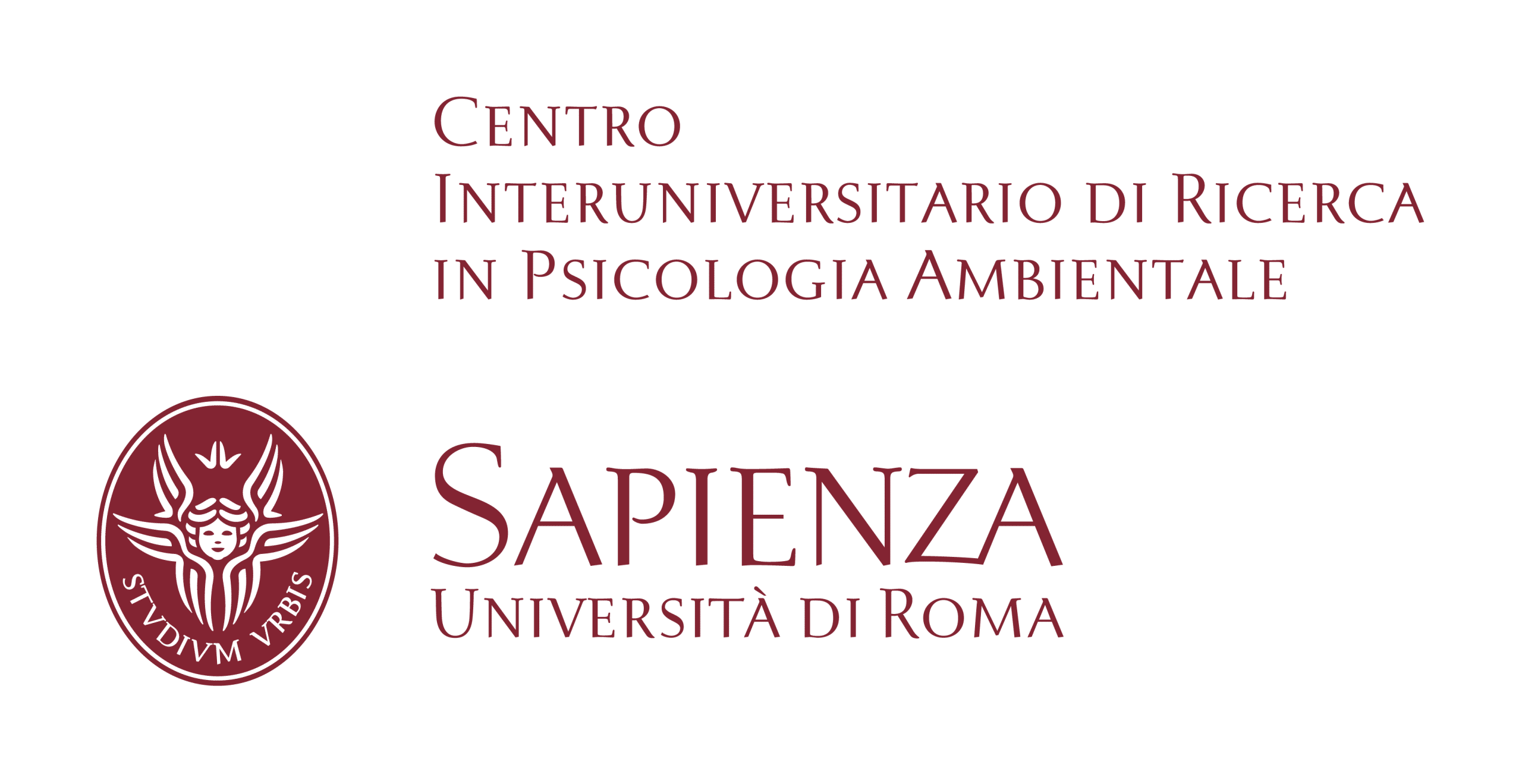Expertise
The Center for Environmental Psychology Research (CIRPA, https://web.uniroma1.it/cirpa/) was founded in 2005 at Sapienza University in Italy. Its main objective is to advance the field of Environmental Psychology within the country and encourage international collaborations. CIRPA’s overarching goal is to conduct both fundamental and practical research aimed to enhance our understanding of people’s relationships with their environment (both environmental impacts on people, and people impacts on the environment). The members of CIRPA focus on bridging theoretical advancements with community engagement and stakeholder involvement. They have undertaken research intervention projects in diverse areas such as education, design, attitude and behavioral change, energy policy, and the development of sustainable energy communities.
Recent research endeavors explore the social acceptance of renewable energy technologies (e.g.biofuels, bioplastics), public engagement, and communicative practices in collaboratively constructing sustainable energy transitions.
Key persons involved in NEXT-STEP
Marino Bonaiuto
Marino Bonaiuto is a Full Professor of Social Psychology at Sapienza University of Rome, where he teaches at the Faculty of Medicine and Psychology, the Faculty of Natural Sciences, and the Faculty of Architecture. Vice-Director CIRPA – Centre Interuniversity Research in Environmental Psychology; member of the Technical-Scientific Committee on Sustainability at Sapienza University of Rome. President-elect of Division #4 Environmental Psychology of IAAP (International Association of Applied Psychology, 2022-2026). General PI in national grants (Ministry of Research) or Unit PI in international grants (EC 6th and 7th FP, H2020, Erasmus+, etc.), as well as in projects funded by private companies or public bodies. Several research lines on people-environment interplay.

Alessandra Talamo
Alessandra Talamo PhD is a Full Professor in Social Psychology at the Dept. of Social and Developmental Psychology of Sapienza University of Rome. Former Head of Department, Alessandra leads the IDEaCT Social Lab (Interaction DEsign and Communication Technologies), a European-awarded Living Lab devoted to the development of innovative services and technology adoption by real users. Within this field she is also the scientific coordinator of SAPERI&CO., a research and service infrastructure of the Sapienza University of Rome, whose aim is to promote outstanding applied research and to support innovation by offering a variety of services to companies and industries.
Alessandra’s teaching includes different courses in the field of change management among which “Technological Innovation and Organizational processes” and “People-centered design studio”, even applying Service Design Thinking methodologies and Strategic Organizational Counseling.

Silvia Cataldi
Silvia Cataldi is an Associate Professor of Sociology at the Department of Development and Socialization Processes at Sapienza University of Rome, Italy. Since obtaining her PhD, she has been teaching sociology and research methods at both the bachelor’s and master’s degree levels, as well as at the doctoral school. She serves as the coordinator of the International Sociological Association’s Thematic Group on “Social Love and Solidarity”, she is a Board Member of the European Sociological Association’s Research Network 20 on Qualitative Methods, and she coordinates the international research network Social-One. Her research focuses on solidarity actions, emphasizing the empowerment of vulnerable populations and the prison environment, aiming to bridge social understanding with ecological awareness for a sustainable future.

Alessandro Milani
Alessandro Milani is a Ph.D. candidate in Social Psychology at the Department of Psychology of Development and Socialization Processes at Sapienza University of Rome.
His research interests fall in the area of Environmental Psychology, and he specializes in social acceptance of sustainable energy technologies.

